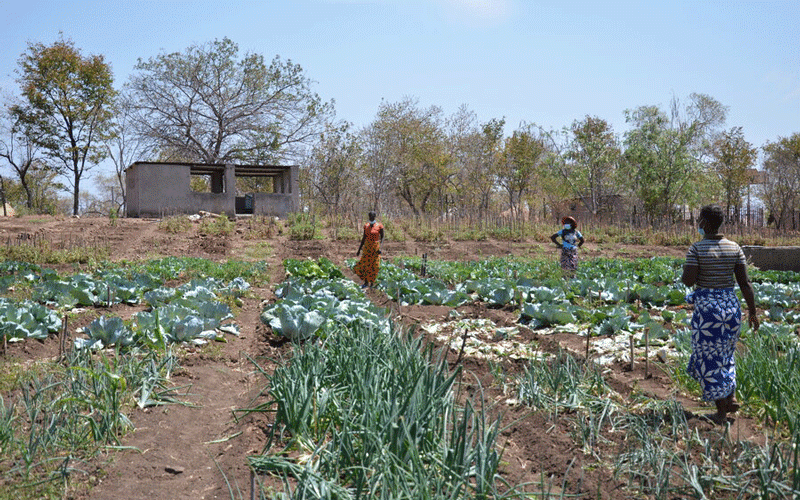
RURAL women in the country are said to be marginalised and continue to depend on unclean sources of energy for cooking, which might affect their health.
This was revealed by Young Women Christian’s Association (YWCA) Zimbabwe national general secretary Cynthia Mukamuri in a statement to commemorate International Day of Rural Women.
This year the United Nations International Day of Rural Women was commemorated under the theme Cultivating Good Food for All.
The day is commemorated on October 15 each year and recognises the work of women in food production, its preparation, serving food to families, and the accomplishments made by rural girls and women in life.
“There is a need to recognise and re-distribute some of the unpaid care and domestic work that often goes unnoticed and not costed,” Mukamuri said.
“Rural women play a critical role in agriculture; often being the producers of food. Although the majority of women do not own land, they are the ones that toil as they till the land.
“Most women in rural areas depend on firewood for heating and cooking, fetching water in rivers and boreholes thereby creating time poverty as they travel long distances in search of these resources.”
Mukamuri said there is a need to ensure that rural women have access to electricity and piped water to make their lives better.
- Rural women and eradication of poverty
- Rural women marginalised
- Campaigners fight to end street life for women
- Women, girls bear brunt of unpaid care
Keep Reading
“There is need to empower them economically and academically
In a statement, the Women’s Coalition of Zimbabwe (WCoZ) said the government has to ensure that women’s food security is acknowledged and included in the education curriculum, to promote active participation of women living and working in rural areas in environmental planning, management and natural resource governance as contemplated by the National Gender Policy.
“In addition, all stakeholders are to recognize, support and promote women as powerful agents for promoting sustainable development and effective responses for meaningful environmental governance and rural development,” WCoZ said.










